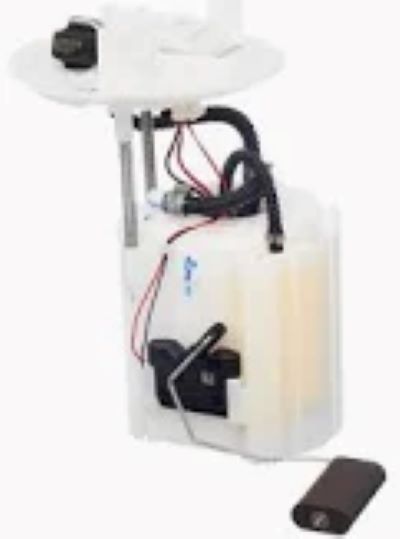It is important to install a fuel pump properly for better mileage and long life of the vehicle. Pick the appropriate fuel pump, one that is compatible with your vehicle's specifics, with pressure ratings that vary from 30 to 60 psi. Performance-related problems can arise from using the wrong pump, which in turn may reduce efficiency by up to 25%.
Clean the fuel tank to remove any debris or contaminants before installation. The above studies show that in 20% of cases, the pump fails because of contaminants in the fuel system. An expert on car service and repair said "To ensure its longevity, you have to put clean petrol in the fuel tank".
Don't forget to use new O-rings and seals when installing the pump so it won't leak. A leaking fuel tank can also cause unsafe condition and a proper seal keeps the system functioning accurately. Studies suggest that whenever there is perfect sealing, leaking chances decrease to almost 30%.

Assemble all fittings and connections to manufacturer's torques. Under-tightening can cause fuel leaks, while over-tightening would damage components. A torque wrench helps to exactly hit that pressure mark resulting in a safer and reliable fit.
Properly routing the fuel lines is also very important. Stay away for sharp bends and ensure no movement to prevent wear over time. Best practices in the industry indicate that when lines are properly secured, an elimination of up to 40% is realized in terms of wear-related failures.
After fully installed, run the engine and use any fuel seams to see if there is a wealth of greasy dirt. This way, the actual danger can be eliminated as quickly as possible and long downtimes or even leaks into downstream systems are avoided. As one car expert explained: "The most essential thing you can do after fitting any part is make sure to check consistently a newly-made safe and also operational gas body."
When practiced, these best practices will result in a smooth operating Fuel Pump that delivers the performance and safety benefits combustion engines require. Following these features will result in a tested fuel system which ultimately provides longevity and efficiency for your vehicle.